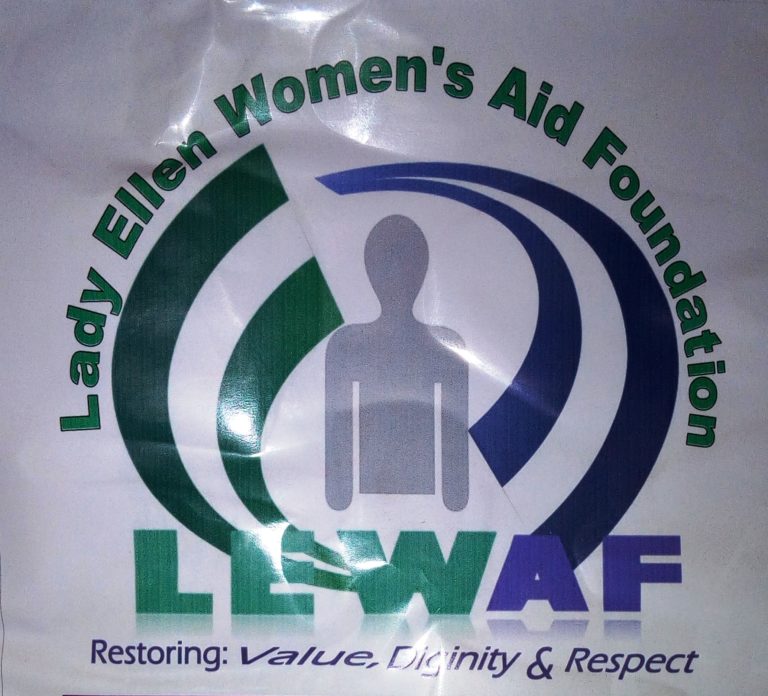
Lady Ellen Women’s Aid Foundation – Sierra Leone
Joined September 2017
The LEWAF is working in the Freetown Western Rural and Urban district providing community based legal services such as legal education, ADR, Mediation, etc. We do this through community based Paragals
The “Lady Ellen Women’s Aid Foundation (LEWAF-SL) is an independent, National NGO founded in 2008 but officially established in 2014. LEWAF-SL was founded in memory-of and in continuation of the mission of a true Norwegian Humanitarian Philanthropist called Ellen Pauline Kise.
Whilst in Sierra Leone from 2002 to 2003, very closed to Ellen’s heart were vulnerable Women and Girls especially victims of domestic violence and those who still remain highly vulnerable to abuse in their own homes. Ellen’s ambition was to studiously work to minimize and eventually end Violence against Women and Girls in Sierra Leone.
Sadly, Ellen could not live to physically fulfil her ambitious vision, she passed-on in 2008 after a prolong battle with cancer.
MANDATE: To work towards ‘tackling violence against Women and Girls’ taking place in the homes and communities across Sierra Leone.
VISION: LEWAF believes that everyone has a right to live a life free from fear and Intimidation and recognised that “Violence against Women and Girls” is a Violation of their human rights. Therefore, the vision of LEWAF is “To see Women and Girls live in every community in Sierra Leone FREE from ALL forms of Violence and in-equality; and are Valued, Dignified and Respected in their households and communities where they live and refer to as a home.
MISSION: To CREATE OPPORTUNITIES for Women and Girls to recover from the immediate trauma of violence and TRANSFORM their lives; empower them to ADVOCATE for their rights and be able to SAFELY ENJOY those rights with EQUAL Economic, Social and Decision making opportunities in their households and communities.
CONTEXT OF OUR PROGRAMMING: This is structured on 4 thematic areas: (1) PREVENTION (2) PROTECTION (3) RESPONSE (4) ADVOCACY.
